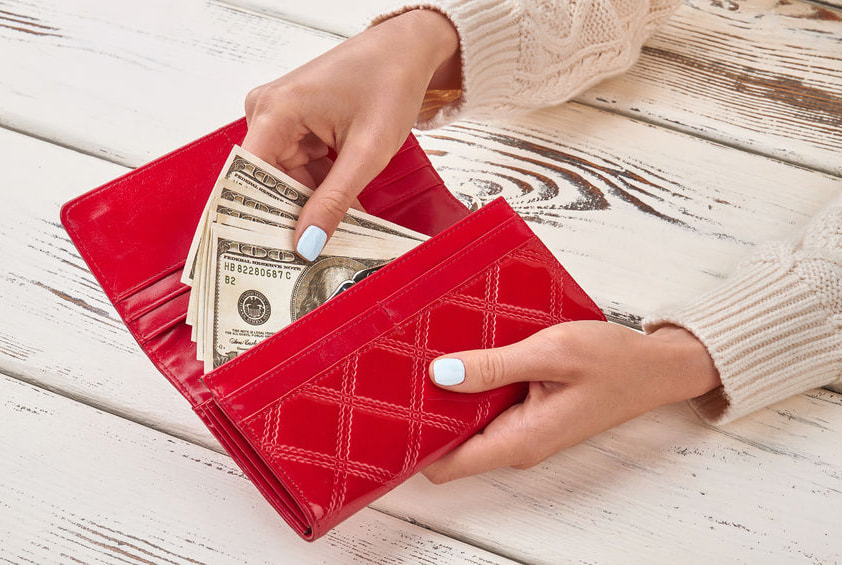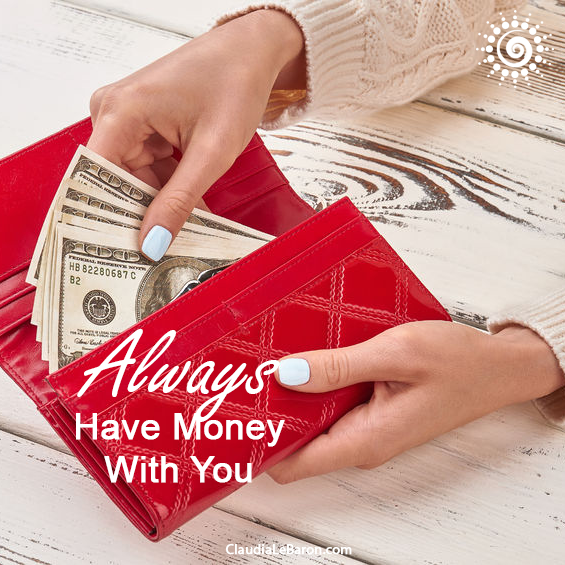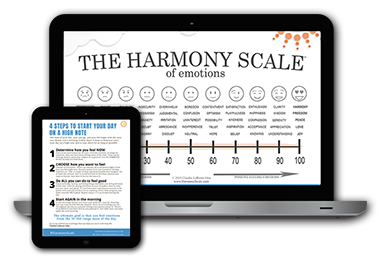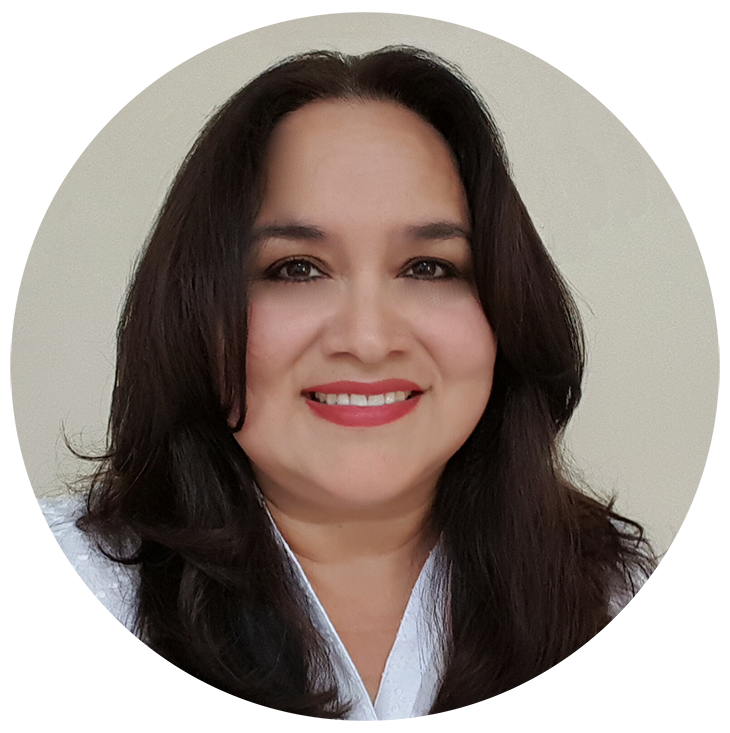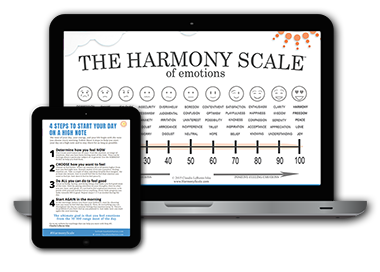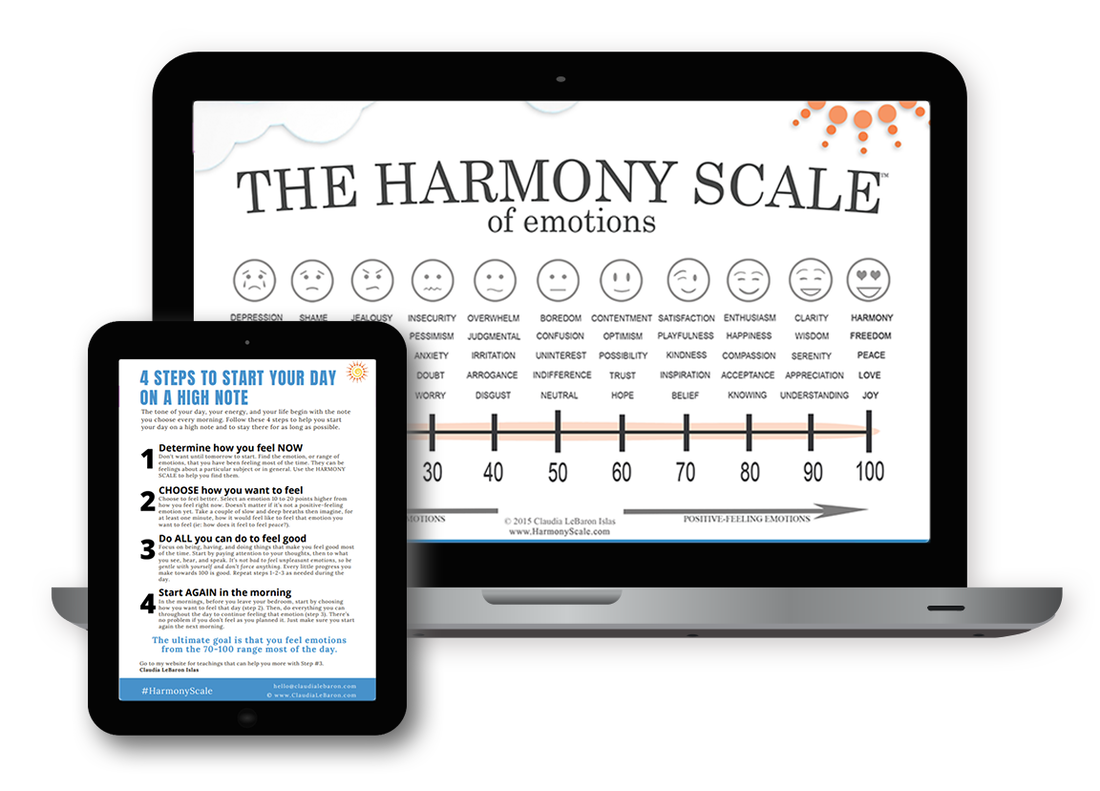|
I’m a huge fan of keeping your finances under control, but there’s a little detail that could be the cause you’re running out of money before you run out of month, regardless of your income level. Keeping track of your finances is a sure way to increase your good financial health. Here are some tools you can use to help you with that. Saving money and paying off debt are one of the most common goals that people make related to money. Learn the basic tools to make your goals a success now and for the rest of your life. Personal Financial tools There are tons of personal financial forms out there but I have found over the years that I only need four of them. They are listed here below in the order of frequency you need to update them.
If you want the tools I use for my personal finance, contact me and I’d be happy to give them to you. Running out of money before you run out of month? Here’s the little detail I told you that could be the cause you’re running out of money before you run out of month, regardless of your income level. When you’re preparing your budget for the upcoming month, balance your money, but just don’t balance it to end in zeros. If you balance your income and your expenses to always end up in zero, meaning you have allocated all of your income to a category, even when you have a category for savings, it will make you feel you have no money left. When this happens, when you see your budget end in zeros, somehow, one way or another, you’re always going to make sure you have zero money remaining in your wallet and in your bank. For many years I did this until I realized I was doing it all wrong. Yes I still budget my income, I think it’s very important to do so, but I no longer allocate all of the money. I just enter my expenses and I always make sure I have money left over. Teach these tools to your children I know children in school are taught lightly about financial principles, and also do scenarios and games about managing finances. But there’s nothing like the real deal about managing finances to truly learn to manage money. Schools only work with what they can control and they cannot control nor influence the families’ finances of course. So, it’s up to us, parents, to teach our children about personal finances. You can begin by giving them a cash allowance. I give my children one dollar per age of the child. For instance when my daughter was 9 years old, she got $9 dollars of allowance. It’s up to you the frequency you want to give it to them. What matters is that they have real money to learn to manage it while they’re young so they become financial savvy adults. They don’t need the full scale of the tools I’m giving you, but once you learn them, you can teach it to them as they need them. The main thing I teach my children is that they ALWAYS have to have money in their wallets. And that’s also what I want to teach you. Make sure you ALWAYS have money in your bank and in your wallet. This will help you feel and be more abundant and in control of your money which translates into a prosperous and abundant life. And you need to feel abundant so you can be ready to move on to the next stage in life. Balancing your money is the key to having enough.” ― Elizabeth Warren The key to pay off debt is to always have money available to pay cash for what you want. And the key to save money is to make sure that more money comes in than the money that goes out. Simple right? I know, it’s not easy, but still it’s simple. You can do it. Now tell me, what other tools or strategies do you use to manage your finances? Share it with us in the comments below. Did you like this post? Subscribe here to send you more like it to your inbox every week. Also, share this post in your social media or with someone you think might benefit from this information. Thank you! Related Posts: The Secret to Financial Abundance How Much Money Do You Need To Be Happy? Create Anything You Want in Your Life How to Receive Abundance in Your Life Image credit: https://www.123rf.com/profile_margostock
3 Comments
Claudia LeBaron Islas
2/17/2018 11:58:43 am
I'm so glad you found these tips useful Brittany! Thank you for letting me know. Hugs :)
Reply
Leave a Reply. |
Hi! I'm Claudia LeBaron Islas.
The purpose of this blog is to give you ideas, information, and guidance that can help you live an empowered life. Recent Posts Categories
All
Did you find a typo, broken link, or inaccurate information? Let us know so we can fix it. Thank you! |
|
|
© COPYRIGHT 2015-PRESENT. ALL RIGHTS RESERVED.
By continuing browsing this website you agree to our Private Policy, Terms of Use, and Disclaimer
By continuing browsing this website you agree to our Private Policy, Terms of Use, and Disclaimer
